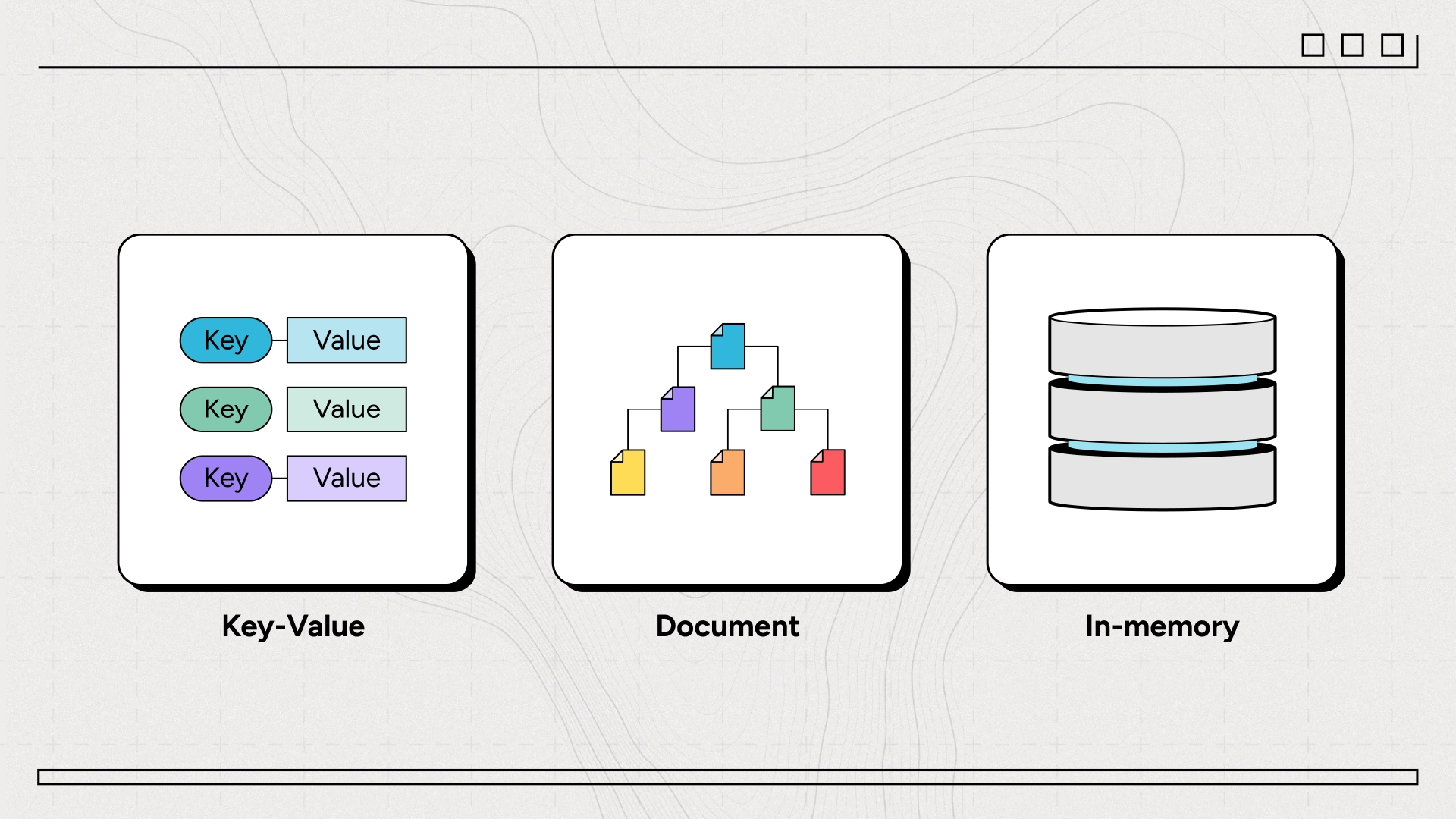AWS Non-Relational Databases
In this lesson, you will learn about AWS Non-Relational Database services and how they can be used to store, retrieve, and manage various types of data without requiring a fixed schema. These purpose-built database services are designed to address specific use cases and workloads that traditional relational databases are not optimized to handle.
This lesson covers fundamental concepts of NoSQL databases, then examines the three primary NoSQL database types offered by AWS: key-value databases with Amazon DynamoDB, document databases with Amazon DocumentDB, and in-memory databases with Amazon ElastiCache.
While this lesson aims to provide you with a comprehensive overview of each database, it also explains their architecture and technical workings. You’ll also see hands-on demonstrations of how to implement and configure these services in real-world scenarios.
My name is Deniz Yilmaz, and I am an AWS content creator here at QA. Feel free to connect with me to ask any questions using the details shown on the screen, alternatively you can always get in touch with us here at QA by sending an e-mail to platformsupport@qa.com where one of our Cloud experts will reply to your question.
Intended audience
This lesson is for cloud engineers, database administrators, DevOps professionals, and anyone preparing for the AWS Certified Data Engineering associate exam.
Learning Objectives
By the end of this lesson, you’ll be able to:
- Define non-relational databases and their core principles
- Differentiate between relational and non-relational database models
- Identify key-value, document, and in-memory database characteristics
- Explain the architecture and features of Amazon DynamoDB, DocumentDB, and ElastiCache
- Implement AWS NoSQL database deployments
- Perform data operations in AWS non-relational databases
Prerequisites
To get the most out of this lesson, you should have some basic working knowledge of cloud computing concepts, and AWS services.
Feedback
Here at QA, we strive to keep our content up to date in order to provide the best training available. If you have any feedback, positive or negative, please contact platformsupport@qa.com. Thank you!
